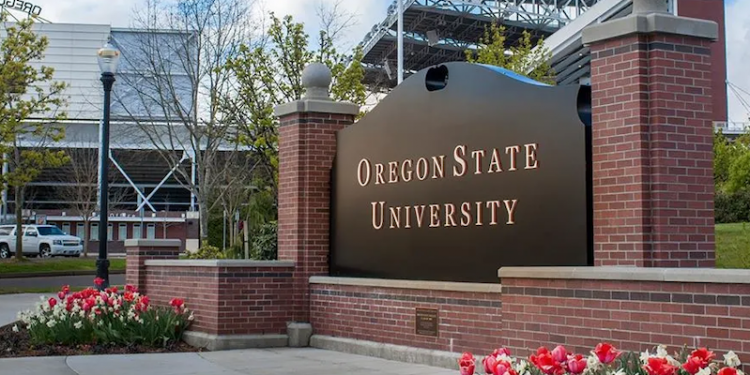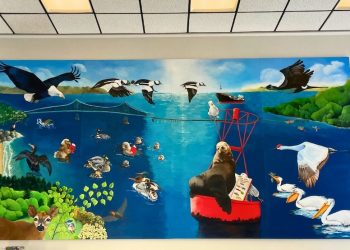Astoria, OR – According to the statement, the researchers also said that their paradigm shifting plan can support climate modeling and discussion by providing a set of actions that strongly emphasize social and economic justice as well as environmental sustainability.
Oregon State’s William Ripple, former OSU postdoctoral researcher Christopher Wolf and collaborators argue their scenario should be included in climate models along with the five “shared socioeconomic pathways,” or SSPs, that are used by the U.N.’s Intergovernmental Panel on Climate Change.
Ripple and co-authors from the United States, the Netherlands and Australia present their restorative pathway in a paper published today in Environmental Research Letters.
They say the pathway is inspired by a unique compilation of Earth system variables that vividly illustrate how humanity’s resource demands have exploded since 1850, indicating ecological overshoot.














